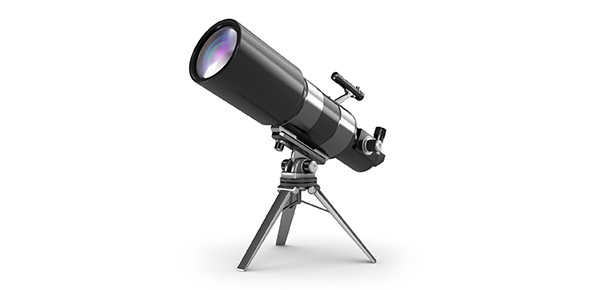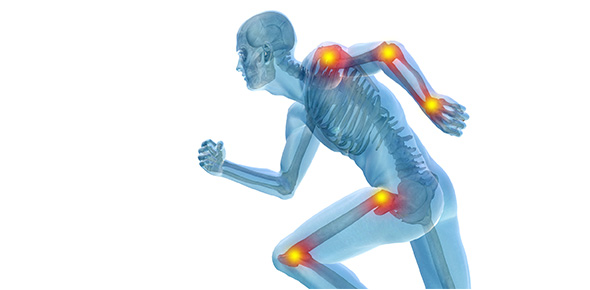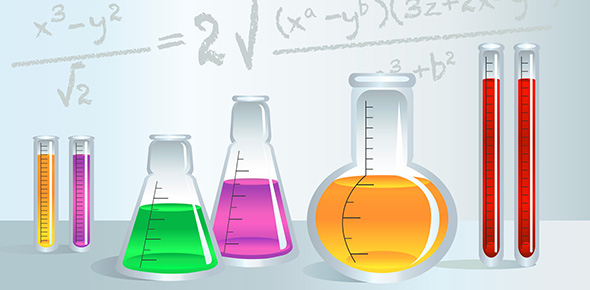Related Flashcards
Related Topics
Cards In This Set
| Front | Back |
|
The view that psychology 1) should be an objective science that 2) studies behavior without reference to mental processes. most research psychologists today agree with 1) but not with 2)
|
Behaviorism
|
|
Historically significant perspective that emphasized the growth potential of healthy people; used personalized methods to study personality in hopes of fostering personal growth.
|
Humanistic Psychology
|
|
The scientific study of behavior and mental process.
|
Psychology
|
|
The longstanding controversy over the relative contributions that genes and experience make to the development of psychological traits and behaviors. Today's science sees traits and behaviors arising from the interaction of it.
|
Nature- nurture issue.
|
|
The differing complementary views, from biological to psychological to social- cultural, for analyzing any given phenomenon.
|
Levels of analysis
|
|
An integrated approach that incorporates biological psychological, and social- cultural levels of analysis.
|
Biopsychosocial approach
|
|
Pure science that aims to increase the scientific knowledge base.
|
Basic research
|
|
Scientific study that aims to solve practical problems.
|
Applied research
|
|
A branch of psychology that assists people with problems in living (often related to school, work, or marriage) and in achieving greater well-being.
|
Counseling psychology
|
|
A branch of psychology that studies, assesses, and treats people with psychological disorders
|
Clinical psychology
|
|
A branch of medicine dealing with psychological disorders; practiced by physicians who sometimes provide medical (for example drug) treatments as well as psychological therapy.
|
Psychiatry
|
|
The tendency to believe, after learning and outcome, that one would have foreseen it. (Also known as the I-knew-it-all-along phenomenon.)
|
Hindsight bias
|
|
Thinking that does not blindly accept arguments and conclusions. Rather, it examines assumptions, discerns hidden values, evaluates evidence, and assesses conclusions.
|
Critical thinking
|
|
An explanation using the integrated set of principles that organizes observations and predicts behaviors or events.
|
Theory
|
|
A testable prediction, often implied by a theory.
|
Hypothesis
|







